Filing income tax returns often feels like a burden, but submitting them on time brings numerous advantages that many people overlook. Beyond avoiding penalties, timely tax filing can open doors to various financial opportunities. If you want to complete Online Income Tax Filing, contact Eazy Startups for a flawless process.
Let’s explore the key benefits of being punctual with your tax returns:-
- Smoother Loan Processing
- Faster Refund Processing
- Enhanced Credit Card and Visa Applications
- Protection Against Identity Theft
- Business and Investment Opportunities
- Peace of Mind and Financial Planning
- Legal Protection and Documentation
Smoother Loan Processing:
When you’re planning to buy a home or start a business, your tax returns become crucial documents. Banks and financial institutions typically require the last 3-5 years of tax returns to process loan applications. Timely filed returns demonstrate financial responsibility and provide a clear picture of your income history. For instance, if you’re applying for a mortgage, having readily available tax returns can significantly speed up the approval process. Missing or delayed returns might force you to wait longer or even miss out on attractive interest rates.
Faster Refund Processing:
Filing returns early means getting your refunds faster. When you submit your returns during the early part of tax season, the processing time is typically shorter due to less congestion in the system. The difference can be significant – early filers might receive their refunds within weeks, while late filers could wait months. This quick refund can help with financial planning, debt repayment, or investments you might have planned for the year.
Enhanced Credit Card and Visa Applications:
Many don’t realize that tax returns play a vital role in credit card applications and visa processing. Premium credit card issuers often request tax returns to verify income claims. Similarly, when applying for visas to countries like the US, UK, or Canada, immigration officers frequently review tax returns to assess your financial stability. Regular, timely filed returns create a strong financial profile that can improve your chances of approval.
Protection Against Identity Theft:
Filing early reduces the risk of tax-related identity theft. Criminals can’t file fraudulent returns using your social security number if you’ve already submitted your legitimate return. This protection is particularly crucial in today’s digital age, where tax fraud attempts are increasingly common. Once you file, the tax authority registers your submission, making it nearly impossible for someone else to file under your identity for that year.
Business and Investment Opportunities:
Timely tax returns can open doors to unexpected opportunities. Investors, potential business partners, or venture capitalists often request tax returns to evaluate collaboration possibilities. Whether you’re seeking to invest in a new venture or looking for partners for your business, having up-to-date tax records demonstrates financial transparency and responsibility. These documents serve as proof of your income stability and business acumen.
Peace of Mind and Financial Planning:
Filing on time eliminates the stress of pending tax obligations and helps in better financial planning. You gain a clear picture of your tax liabilities or refunds, allowing you to plan your finances more effectively. This knowledge is particularly valuable for self-employed individuals or those with multiple income sources. Regular filing also helps you understand your tax patterns, making it easier to plan tax-saving investments for the following year.
Legal Protection and Documentation:
Timely filed tax returns serve as important legal documents proving your income and asset ownership.
These records become crucial in various situations:-
- During property disputes or divorce proceedings
- When claiming insurance benefits
- For retirement planning and social security benefits
- In case of tax audits or legal investigations
Having a consistent history of timely filed returns strengthens your position in any legal or financial matter requiring income proof.
Conclusion
Beyond these advantages, regular tax filing helps maintain a healthy relationship with tax authorities. It demonstrates your commitment to civic responsibilities and financial compliance. For businesses and self-employed individuals, it builds credibility with clients and partners.
Remember, the benefits of timely tax filing extend far beyond avoiding penalties and interest charges. It’s an investment in your financial future, opening doors to opportunities while protecting you from potential problems. If you want to complete Online Income Tax Filing, contact Eazy Startups for a flawless process.

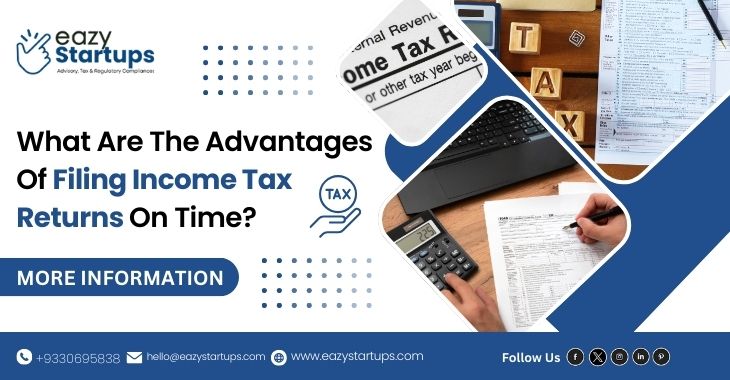
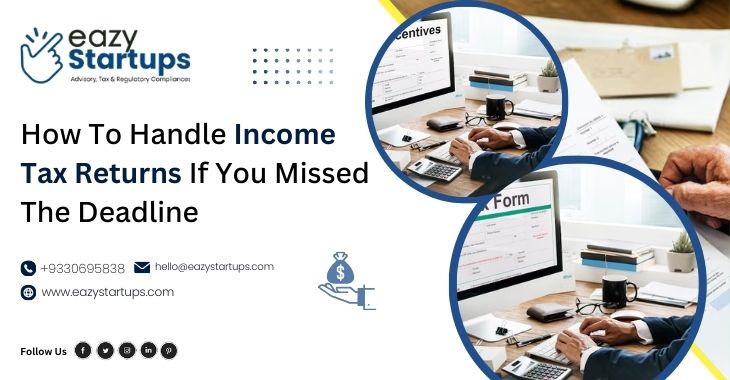


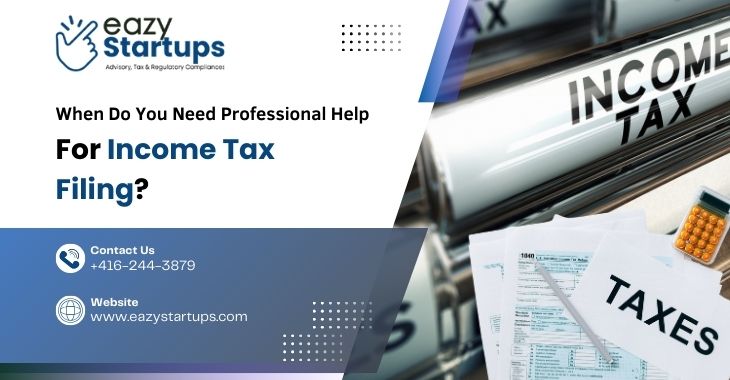
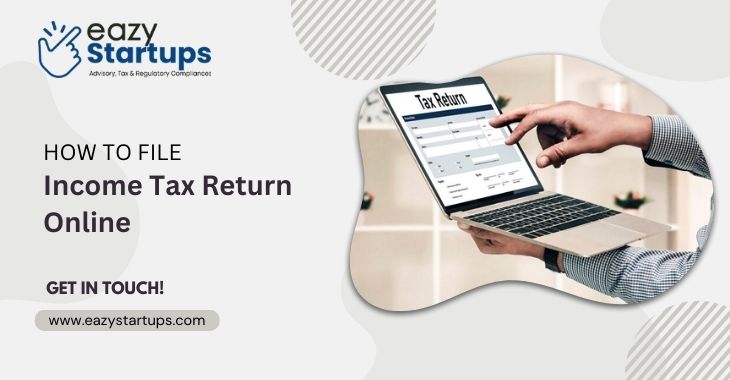
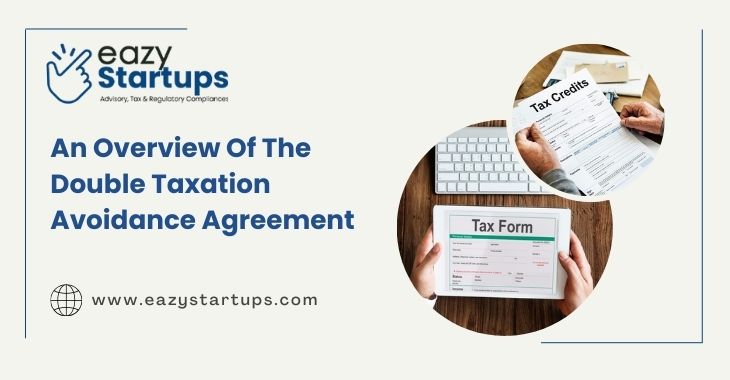

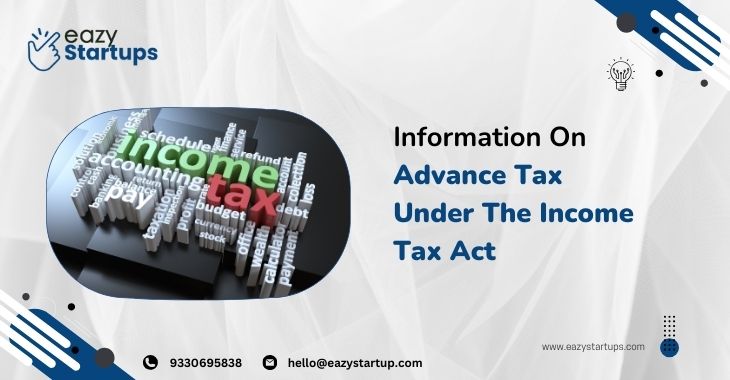
Recent Comments